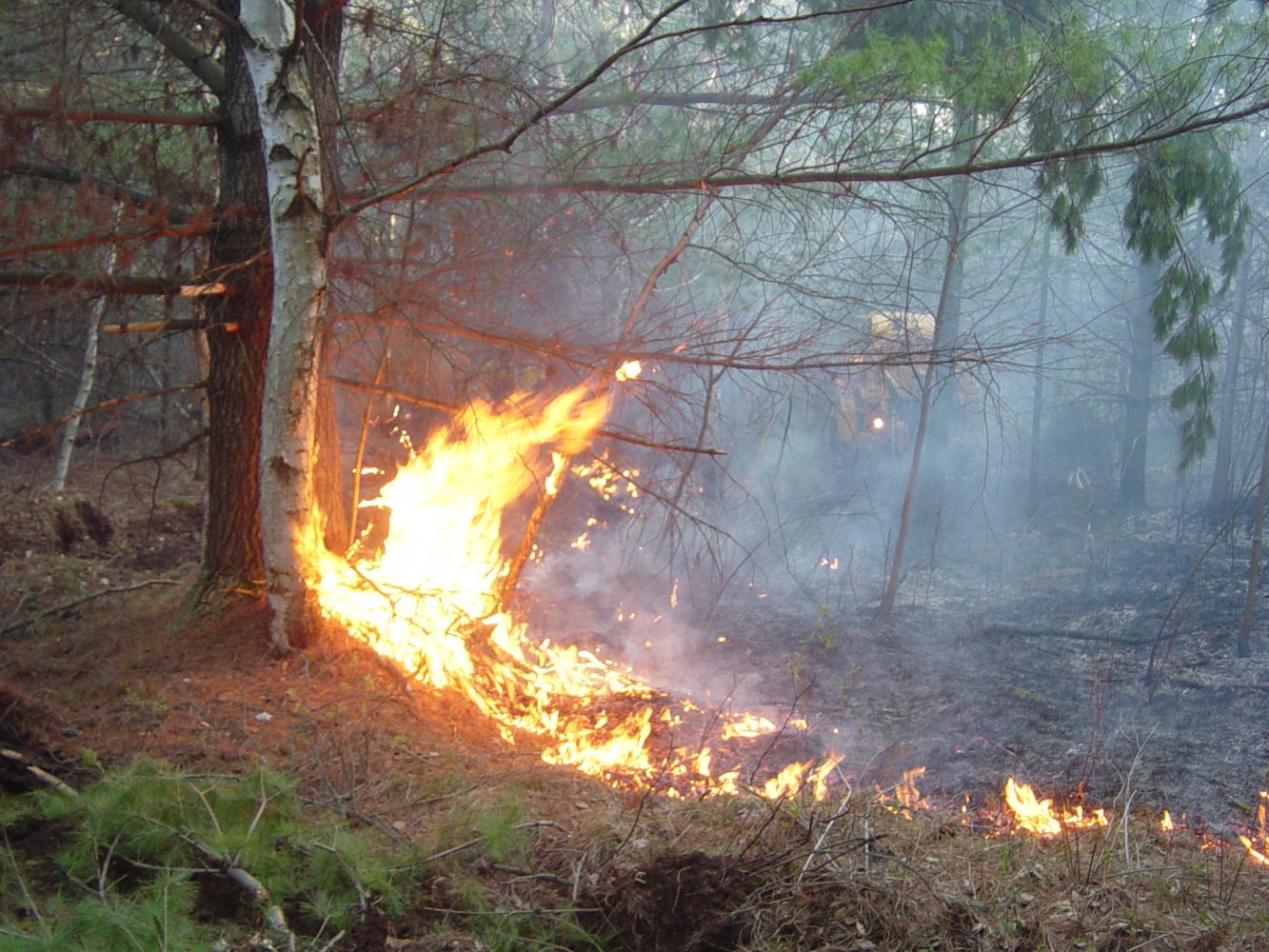Why do birds sing?

BY THE MASKED BIOLOGIST
Special to the Star Journal
With our recent warm spell, one could almost believe that spring has arrived early. I stepped out of my door one beautiful sunny day, and I could hear birds singing. Normally this time of year I hear cardinals, chickadees, and the occasional blue jay. On this particular morning, though, I thought I heard the rapid “wik-wik-wik-wik-wik” of a Northern flicker. As I got in my vehicle I began to second guess myself, though, because it didn’t seem likely. I don’t usually see or hear flickers in my neighborhood in the spring and summer; it might be a real stretch that they would stick around in the winter.
There are a couple of other birds that sound similar to flickers. They are members of the woodpecker family, and there are a couple other relatives that sound similar. Downy woodpeckers have a call that sounds a little like the flicker, and pileated woodpeckers have a similar call as well. We have plenty of woodpeckers in the area; that could easily be what I heard.
Beyond that, there are some other birds that mimic the calls of a variety of bird species to augment their own song catalog. For example, a few days prior I saw a small flock of starlings land on the wire outside my home. Starlings are talented mimics, and could easily choose to imitate such a striking call. Members of the corvid family, like crows and blue jays, are also known to mimic other bird species calls, but are not well known for such a diverse catalog as starlings or another talented local imitator, the brown thrasher. I didn’t get to see the bird, so I guess I will just decide that the bird likely was a flicker or woodpecker, and it sang just for me that morning.
But why?
Why do birds sing, really? There are some perfectly legitimate reasons for a bird to sing, that are widely accepted by scientists and wildlife professionals. The most commonly accepted explanation is a territorial display. Birds (typically males) routinely find tall, obvious locations for their song posts along the perimeter of their territory. They do this to advertise to females what good providers they will be, with the hope that they will attract a high-quality female (or females) to settle in this territory and breed with them. They also sing to warn other males to stay out, that this territory has been claimed and will be jealously guarded.
This would make sense if it was spring, their breeding/nesting season, but it is mid-February and nesting is a long way off.
Another reason birds sing is to ward off predators or warn others of potential danger. I have seen crows go crazy when an owl was in the area, and songbirds definitely change their tone when there is a hawk around. Blue jays are known to mimic hawks, especially red-shouldered hawks, and it is thought they use this call to tell other jays that a hawk is in the area. Loons and ducks on the lakes go crazy when there is an eagle flying overhead. Now I couldn’t see any aerial predators in the area, but it seems unlikely that the bird would choose a call that is not considered an alarm call if they were in real danger.
While scientists still disagree on why birds might sing year-round, it is widely held by many that birds sing purely for the joy of singing. Maybe they are practicing, working up their skill set before the pressure is on. Maybe they saw or heard another bird and decided to say hello. Or, maybe like me, they awoke to a beautiful morning, felt the morning sun on their face, and couldn’t help but voice their approval as they look forward to the spring that is soon to come.
The Masked Biologist earned a Bachelor of Science degree from a university with a highly regarded wildlife biology program. His work in natural resource agencies across the country provided opportunities to gain experience with a variety of common and rare fish, plant and wildlife species. Follow The Masked Biologist on Facebook. Email questions to [email protected].
Leave a reply
You must be logged in to post a comment.





